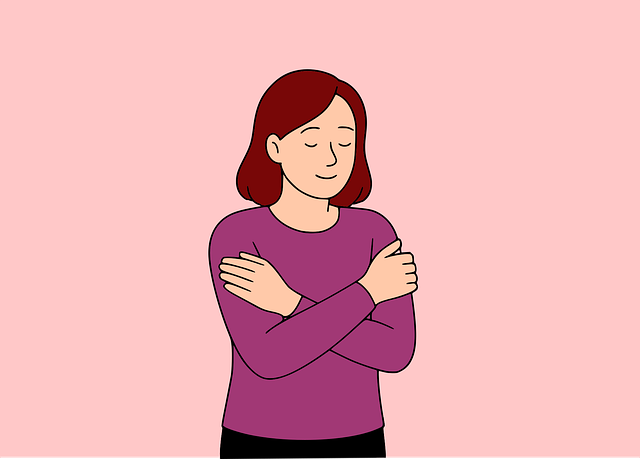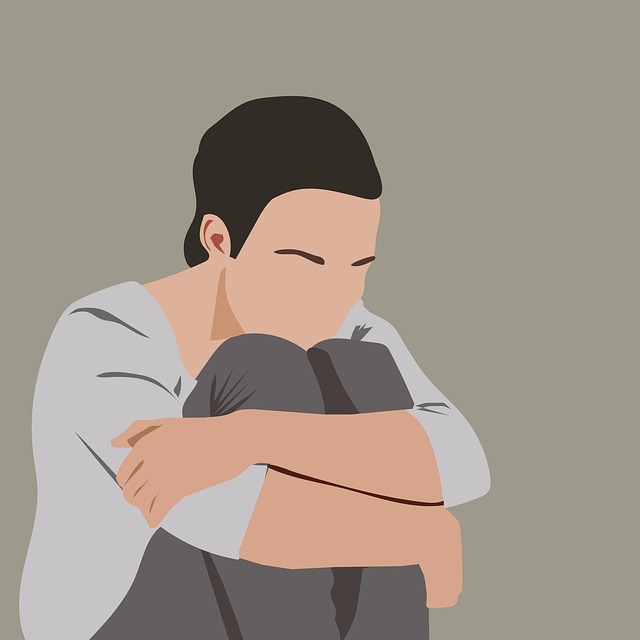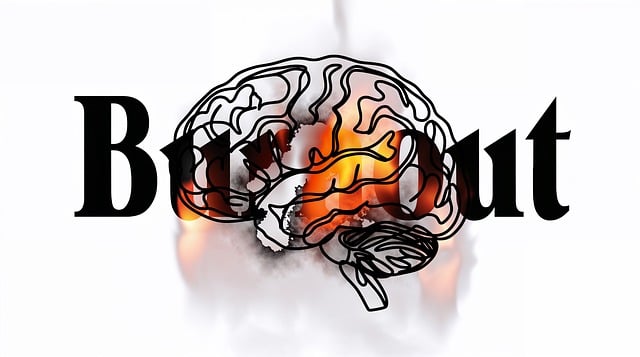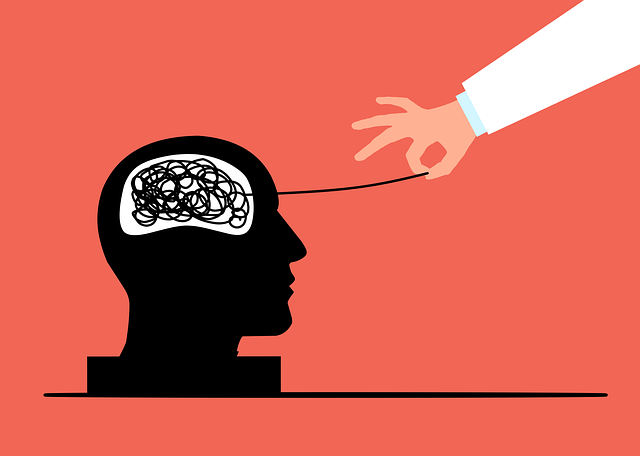Lafayette OCD therapy focuses on evidence-based methods like ERP, mindfulness, and CBT to break the cycle of obsessions and compulsions. Specialized services address co-occurring depression and offer tailored plans including social skills training and emotional regulation strategies. Holistic healing encourages self-care and proactive risk management for improved mental health and quality of life in Lafayette.
Mental illness, particularly conditions like Lafayette Obsessive Compulsive Disorder (OCD), can be complex to navigate. This article provides a comprehensive guide to understanding and managing OCD, focusing on key aspects of diagnosis and treatment. We explore various therapy options available for Lafayette OCD, emphasizing the importance of personalized care. Additionally, we highlight valuable resources that support individuals and families in their journey towards recovery, offering practical steps and insights for those seeking effective Lafayette Obsessive Compulsive Disorder Therapy.
- Understanding Lafayette Obsessive Compulsive Disorder (OCD)
- Navigating Diagnosis and Treatment Options
- Supporting Resources for Effective Therapy and Recovery
Understanding Lafayette Obsessive Compulsive Disorder (OCD)

Lafayette Obsessive Compulsive Disorder (OCD) is a mental health condition characterized by intrusive thoughts and repetitive behaviors that significantly impact daily life. This disorder manifests as persistent obsessions, such as excessive worry about contamination or symmetry, which trigger compulsions like repeated handwashing or checking routines. Individuals with OCD often feel compelled to perform these rituals to alleviate anxiety, but the temporary relief is followed by renewed obsession, creating a vicious cycle.
Navigating Lafayette OCD therapy involves specialized approaches like Exposure and Response Prevention (ERP), which helps patients confront fears and learn healthier coping mechanisms. Mindfulness meditation and mental wellness journaling exercises can also be beneficial tools for managing symptoms by fostering self-awareness and emotional regulation. Depression prevention strategies are crucial, as OCD frequently co-occurs with depression, emphasizing the need for comprehensive treatment that addresses both conditions.
Navigating Diagnosis and Treatment Options

Navigating the path to diagnosis and treatment for mental health conditions can be overwhelming, especially when dealing with complex disorders like Obsessive Compulsive Disorder (OCD). In Lafayette, access to specialized therapy, such as Lafayette OCD Therapy, plays a pivotal role in guiding individuals through this process. The initial step involves an extensive evaluation by qualified professionals who employ evidence-based assessment tools to pinpoint the specific nature and severity of the disorder.
This comprehensive approach ensures that treatment plans are tailored to individual needs. For instance, Social Skills Training and Emotional Regulation strategies can be integrated into therapy to address co-occurring conditions or enhance overall well-being. Additionally, healthcare providers in Lafayette may emphasize Burnout Prevention Strategies to ensure long-term sustainability and effectiveness in managing mental health challenges.
Supporting Resources for Effective Therapy and Recovery

Navigating mental illness can be challenging, but access to the right resources and support systems plays a pivotal role in effective therapy and recovery. For individuals dealing with specific conditions like Obsessive Compulsive Disorder (OCD), tailored assistance is essential. In Lafayette, specialized therapists offer OCD therapy programs designed to help patients understand and manage their symptoms. These evidence-based approaches, such as Cognitive Behavioral Therapy (CBT), empower individuals to develop inner strength and coping mechanisms for a better quality of life.
Beyond therapy sessions, fostering self-care routines is vital for holistic mental health improvement. Encouraging activities like meditation, regular exercise, and mindfulness practices can significantly contribute to recovery. Additionally, risk management planning is crucial for both patients and mental health professionals. This proactive approach ensures that potential triggers and challenges are anticipated and managed effectively, facilitating a safer and more supportive environment for therapy and personal growth.
Mental illness, especially Lafayette Obsessive Compulsive Disorder (OCD), can be a complex journey. However, with the right navigation assistance, diagnosis, and treatment options, individuals can find their way to effective therapy and recovery. By utilizing supporting resources tailored for OCD therapy, those affected can reclaim control of their lives. Remember, seeking help is the first step towards managing and overcoming OCD, ensuring a brighter future filled with reduced symptoms and improved well-being.








